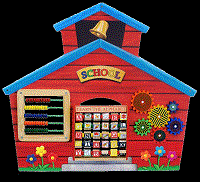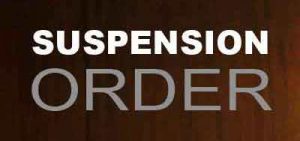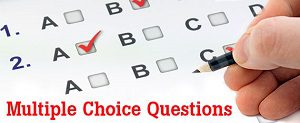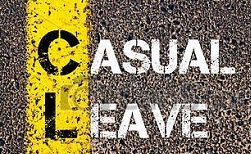Category : General Knowledge
Topic : Cognition and Development [ B.Ed & M.Ed ] QUIZ No.2
Basic Purpose : Online Preparation for Competition and Commission Exams for different Jobs/Recruitments in United States, Australia, Canada, Marshal islands, United Kingdom, Germany, Switzerland, Brazil, New Zealand, Italy, England, South Africa , Pakistan , India, Bangladesh, Nepal, Bhutan, Afghanistan, Iran and China
Test Type : Multiple Choice Questions [MCQs]
All Candidates / Students seeking for Preparation of Any Exams for Jobs (Headmaster,Principal,Senior Headmaster or Lecturer or SS Education) or Entrance Test in Universities and Colleges, We make a best selection of MCQs (Multiple Choice Questions) with Questions and Answers Test on our website. All These MCQs are authentic and Taking after our Verification of our Audit Teams from different areas of the World. These Thousands of MCQs cover different National and International Topics. All These MCQs (Multiple Choice Questions) are downloadable in pdf format. In this Chapter we cover the Quiz/Exams about “Cognition and Development in Education”.
Job Seeking Candidates use for CSS (Central Superior Service) , FPSC (Federal Public Service Commission Islamabad) , PPSC (Punjab Public Service Commission) , SPSC(Sindh Federal Public Service Commission) , KPPSC(Khyber-Pakhtunkhwa Public Service Commission) , BPSC ( Balochistan Public Service Commission) , UPSC (Union Public Service Commission) , PCS (Punjab Civil Services Exam) , IBPS (The Institute of Banking Personnel Selection) , UPPSC(UTTAR PRADESH PUBLIC SERVICE COMMISSION PRAYAGRAJ ) ,
In India IAS exam (officially known as the Civil Services Examination) is organized and conducted by the Union Public Service Commission (UPSC)
These Cognition and Development in Education General Knowledge MCQs are best for different departments like Railway, Banking , Education (Schools and Colleges),Electricity(WAPDA) or in any Private Industry.
This online Practice Test with Examples leads the Candidates towards Success.
For HM/SHM/SS Education Preparation of Competition Exam we provide near about 2000 MCQ’s , Which definitely give you success in PPSC , SPSC , FPSC , KPSC , BPSC Exams..
Note : We add these MCQ’s very carefully in our database , if you have any objection than feel free to contact us. we will listen and solve any problem exist in MCQ’s. Here is our Email Address for Contact :
Email : 786Times.com@gmail.com
[mtouch quiz 107]
B.Ed Online exams Preparation, BPSC Online Test preparation, CSS Online Test preparation, Educators Entry Tests, FPSC Headmasters Test, FPSC Headmisters Test, FPSC Senior Headmaster Test, FPSC Senior Headmisters Test, INTRODUCTION TO EDUCATION, INTRODUCTION TO EDUCATION – MCQs Test No. 02, KPSC Online Test preparation, Lecturer in Education online test preparation, M.Ed Online exams Preparation, Masters in Education exams, Multiple Choice Questions, NTS Online Test preparation, Online Preparation for FPSC Exam, Online Preparation for PPSC Exam, PCS Online Test preparation, PPSC Headmaster Test, PPSC Headmisters Test, PPSC Senior Headmaster Test, PPSC Senior Headmisters Test, SPSC Online Test preparation.



